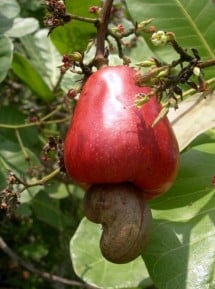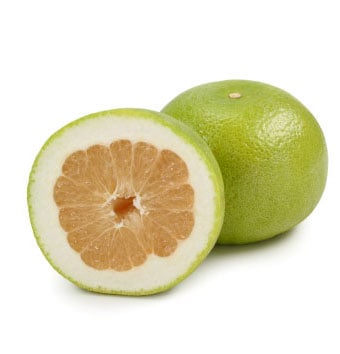Kiwi are flightless birds endemic to New Zealand, in the genus Apteryx and family Apterygidae.
At around the size of a domestic chicken, kiwi are by far the smallest living ratites and lay the largest egg in relation to their body size of any species of bird in the world. There are five recognised species, all of which are endangered; all species have been adversely affected by historic deforestation but currently large areas of their forest habitat are well protected in reserves and national parks. At present, the greatest threat to their survival is predation by invasive mammalian predators.
The kiwi is a national symbol of New Zealand – indeed, the association is so strong that the term Kiwi is used, all over the world, as the colloquial demonym for New Zealanders.
Health Benefits of Kiwi
Kiwi fruits are rich in many Vitamins, flavonoids and minerals. In particular, they contain a high amount of Vitamin C (more than oranges), as much potassium as bananas and a good amount of beta-carotene.
Studies in Italy, though, performed on 6-7 year old children, have also demonstrated additional health benefits to the respiratory tract. In particular, children that were fed 5-7 portions a week of citrus and kiwifruits had 44% less probability wheezing compared to children eating less than once a week.
Shortness of breath was reduced by 32%,night time cough by 27%, severe wheeze by 41%, chronic cough by 25%, and runny nose by 28%. This results is not only traceable to the content in Vitamin C or Potassium, but in substances which are still largely unknown contained in kiwi fruit.
These substances are most likely flavonoids that help protect our cells from oxidative damage, and are therefore considered very helpful in protecting our DNA from mutations and damage.

